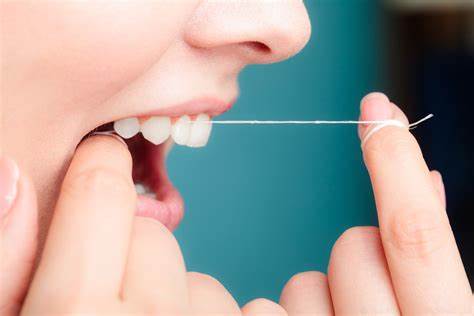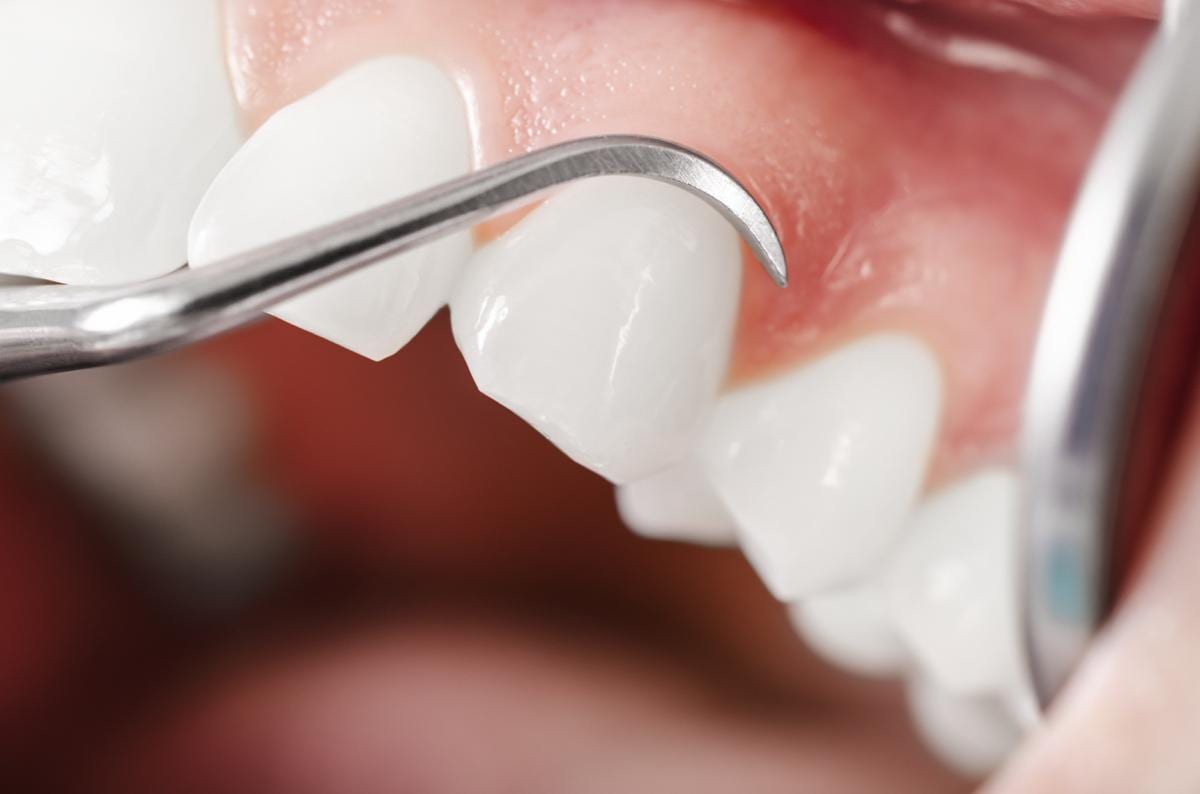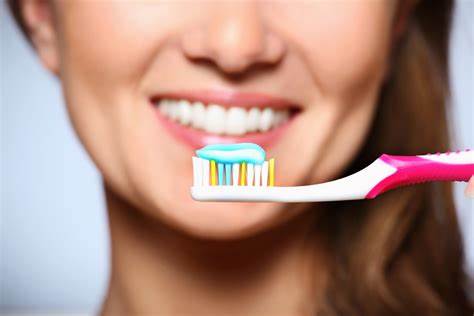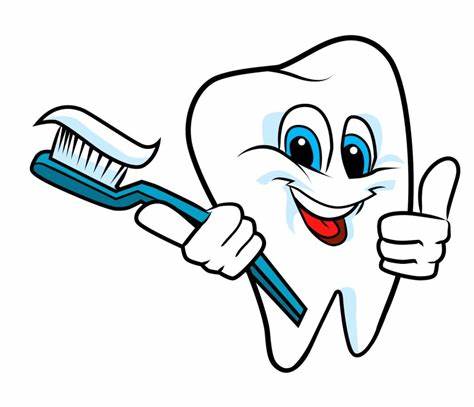When was the last time you used the word f (floss)?

Listen, I am a dental student. I like everything about teeth. I even woke up on Black Friday and bought an electric toothbrush! But even I will miss a day of flossing. It happened. I am very busy, the days are long, the time is limited, oh, I forgot to use floss. So, believe me, when I say, I sympathize with the terrible embarrassment and floss your teeth. Does the dentist feel that it hurts? !
Ok, as I said, I am a dental student, and from a doctor's point of view, I can say that we did! We are also human. We care about you. We care about your smile and oral health. We care about your oral habits and general health. We also want to let you know that you have the power to prevent oral diseases!
I know, I know, it sounds like I’m a little forgetful. After all, the floss is just a string. However, this is a string that can have a major impact. More than 500 bacteria can be present in the plaque of the mouth. The toothbrush can start to keep clean, but what about the bacteria below the gum line? As this situation increases, you may begin to develop chronic inflammation, irritation, and even gum loss and tooth loss, a process you may know about gums or periodontal disease. Uncontrolled periodontal disease may even increase the risk associated with diabetes, cardiovascular disease, and systemic inflammation, because your mouth is a highly vascularized mouth that binds tightly to other organ systems in the body. Although you may think that periodontal disease is something you will never experience, its prevalence is staggering: CDC reports that more than 47% of American adults have periodontitis, more than 70% Adults over the age of 65 have periodontitis.
But even with these statistics, periodontal disease may sound a bit extreme for your healthy body. So let's take a step back and think about your teeth. What causes tooth decay? Acid acts on the enamel surface. Where is the acid formed? In dental biofilms, where bacterial metabolism occurs. While brushing is the first step in managing oral health, flossing – removing bacterial buildup – is a necessary second step in oral hygiene routines. Besides, who would like to take a piece of lettuce all day long between two molars, or take a piece of food to break down and cause bad breath?
Listen, I heard that you are flossing. I don't always want to do this, and I have never enjoyed the goodwill lectures of my dentist to get used to flossing. In fact, according to a 2014 survey, only four out of ten Americans are flossing every day! However, as far as I understand the degree of fear of flossing, I want to keep the conversation going. I have to call my medical colleagues and friends in the nursing community. I want to shout to teachers and teenagers. Because there are not many medical diseases that can be prevented, periodontitis can be prevented. Systemic complications caused by periodontitis are also preventable. So let's continue this flossing conversation until we can all say that we used the word f (floss) today.
YOU MAY ALSO LIKE






